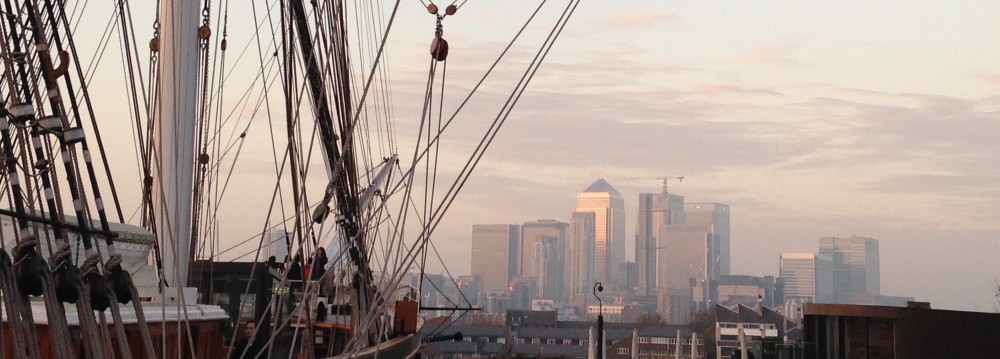Mitigating global fragmentation in digital trade governance? This post is a short plug for my new paper on international trade in digital products like e-books, streaming entertainment, podcasts, or remote engineering services for businesses in the boondocks. It is hard enough within a country to ensure consumer protection, legal certainty for digital businesses, and transparency on which rules apply when and where. But, if you are trading between countries, the rules of the digital highway are often even less clear. Digital trade accords can help.
What’s the big (digital trade governance) deal, man?
Leading economies are moving to improve conditions for the international digital economy through digital trade agreements. For example, the US-Japan digital trade agreement or the USMCA (NAFTA 2.0) agreement. Such accords can provide an agreed rule book supporting digital trade between countries.
Often, current generation accords offer a measure of improved protection for consumers. They may provide increased certainty for businesses (better consistency of regulation). And they may facilitate transactions (like mutual recognition of standards for e-signatures or e-invoices). Trade agreements can ease the costs of doing business. This is not about deregulation… it is about aligning regulation, streamlining, and closing gaps.
Where the new digital trade deals are in place, preliminary evidence indicates that digital trade may tend to increase and regulatory gaps are closed. This benefits not only the digital businesses (like software vendors), but also consumers using digital goods and services, and businesses that are indirectly digital (ie, those that use digital products intensively like, say, architects).
This paper looks at how five leading digital economies (Canada, the European Union, Japan, Singapore and the United States) are using regional trade agreements to address digital concerns while enhancing trade. And, it considers complementary next steps for digital trade governance at the multilateral level.
Digital trade and the digital trade governance paper
This paper itself is part of digital trade. The publisher is located in Canada. CIGI distributes the paper digitally and directly across borders. Such international trade is a benefit to readers in California (yay, NAFTA 2.0!), Tokyo (yay CPTPP!) or points beyond (thank you WTO for duty-free digital transmissions, but it is time for an updated e-commerce deal please). Plus, the price of this paper is right (it is free!). And, with a 1 1/2 page executive summary in the front, you don’t have to read the whole dadblame paper. This is helpful, if you are pressed for time!
Reference and link:
Mitigating Global Fragmentation in Digital Trade Governance: A Case Study
CIGI Paper No. 270, Douglas Lippoldt, 10 January 2023












